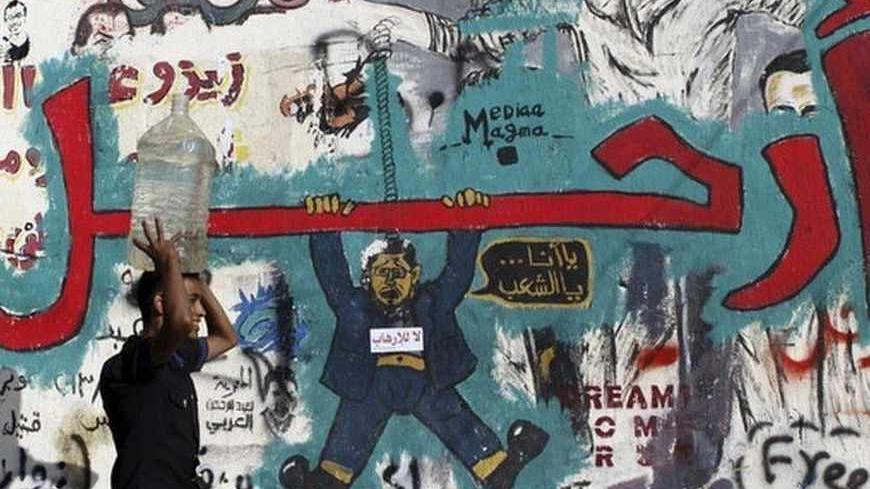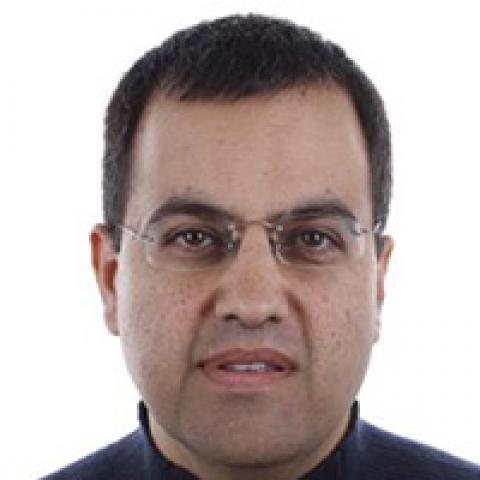Until a few weeks ago, the name Heba Hamdi Abu Sief meant nothing to most Israelis. But then dramatic events erupted in Cairo, culminating in the dismissal of Egyptian President Mohammed Morsi. Now the name of the veiled Egyptian academic has become familiar to us all. Together with her friend, seasoned researcher and tour guide Munir Mahmoud, Abu Sief has become one of the main Hebrew-speaking spokespersons of the anti-Morsi protest movement.
From the heart of the hottest square in the Arab world, Abu Sief told the Israelis in their language what impelled the masses to demand Morsi’s removal. She passionately explained that by assenting to the nation’s demands to oust Morsi, the army actually carried out a supremely democratic act. When she felt the need, Abu Sief did not hesitate in expressing her admonitions as well.



